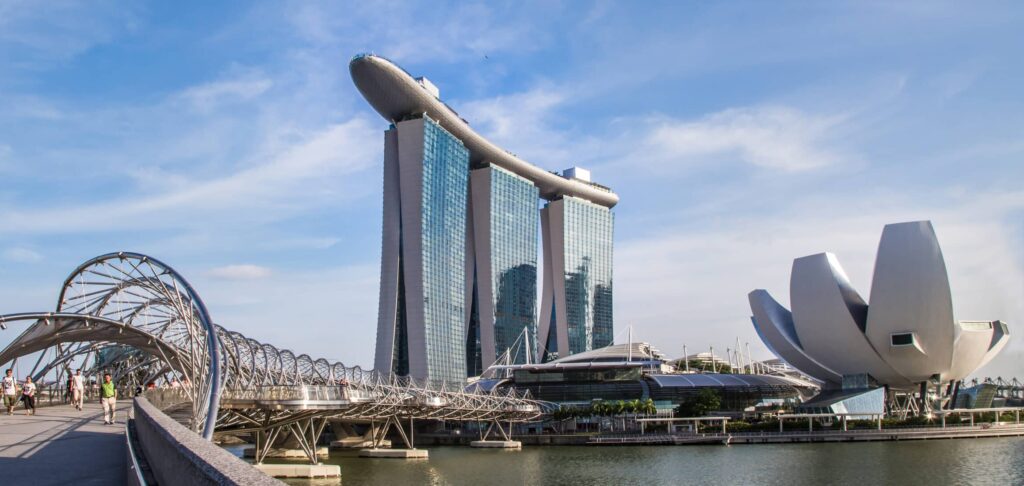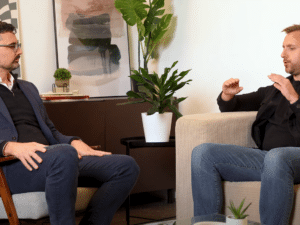HR Learning and Talent Development Trends in Singapore – 2024

Whilst the 2024 market has remained conservative, we have seen an increase in demand for specialized HR roles particularly within the learning and talent development space, especially in the second half of the year, with the profession playing a crucial role in businesses aiming to establish and maintain a competitive workforce. High-growth industries including fintech and crypto have forecasted substantial budgeting for newly created roles within the talent development / L&D space as they become more mindful of ways to retain talent and develop future leaders in a new generation where Gen Z instills a new culture that many businesses need to adapt to.
In many ways, despite record levels of job switching in 2022 (+17% in Singapore), the aftermath of the economic recovery post-pandemic meant that many large corporates faced the harsh reality of restructuring plans, causing redundancies and reshuffling with a massive influx of people faced with securing a new job in an even more competitive market. These changes resulted in a fundamental skillset shift and a culture shift, meaning that hiring managers became more mindful of the impact of future hiring decisions for the short and long term due to the ongoing workforce transformation.
Learning and talent development specialists now face a challenge of heightened and modified expectations due to a complete shift in narrative many businesses and hiring managers newly possess. Areas including internal mobility, job role reshuffling, succession planning, and leadership development have become key themes that we see HR leaders are requesting from their existing and future employees. Although functional and technical training will remain a necessity for most businesses, a greater appetite for all-rounded talent development professionals who demonstrate more relevant soft skills and leadership capabilities may remain an ongoing theme for the next few years.
With that in mind, some L&D roles within CoE functions in Singapore face the challenge of being overly operational in nature due to HQs being based overseas driving most strategic decisions. The consequence of this is that the gap between regional business expectations and L&D execution and enablement can remain vast for professionals coming from larger MNCs. However, individuals who bring experience largely within APAC or Singaporean headquartered firms are able to bring the strategic skillsets required to plug the gaps for evolving businesses due to their close proximity to the decision makers.
So what does that mean for the HR workforce? Accepting and acknowledging that HR will continue to remain a pivottalent development area is key. Existing talent should continue to equip themselves with the skills to meet the demands of a progressive workforce whilst ensuring ongoing internal discussions on talent and leadership development with decision-makers where possible.
Concluding with a quote from DPM Heng during the World Human Resource Congress in May, he stated that “there is no escape for HR as a critical function in everything in the future” whilst also sharing there is “great potential for HR professionals to play a vital role at the leadership table…” As the industry continues to shift and evolve in at times unexpected ways, it’s promising to see how leaders continue to acknowledge the importance of HR’s role within the economy, but it also means the expectations for stronger talent continues to increase, meaning that existing workforces will be urged to better develop and upskill their talent.



